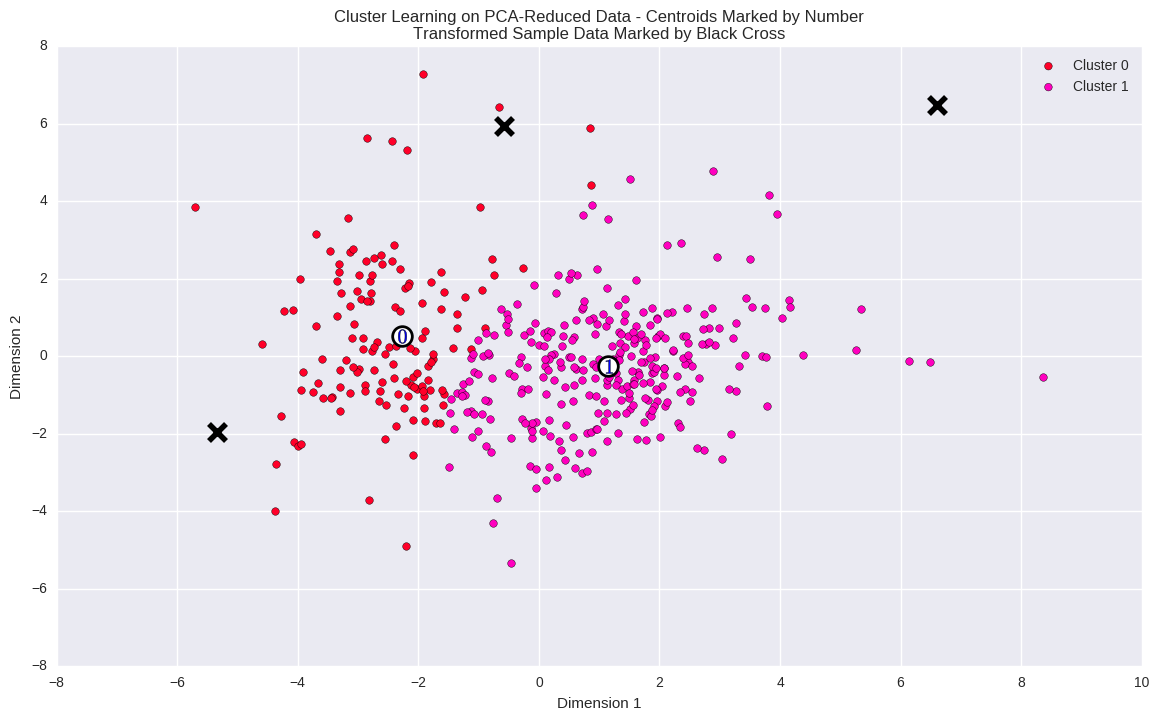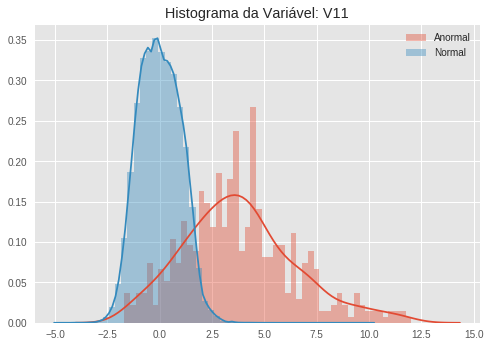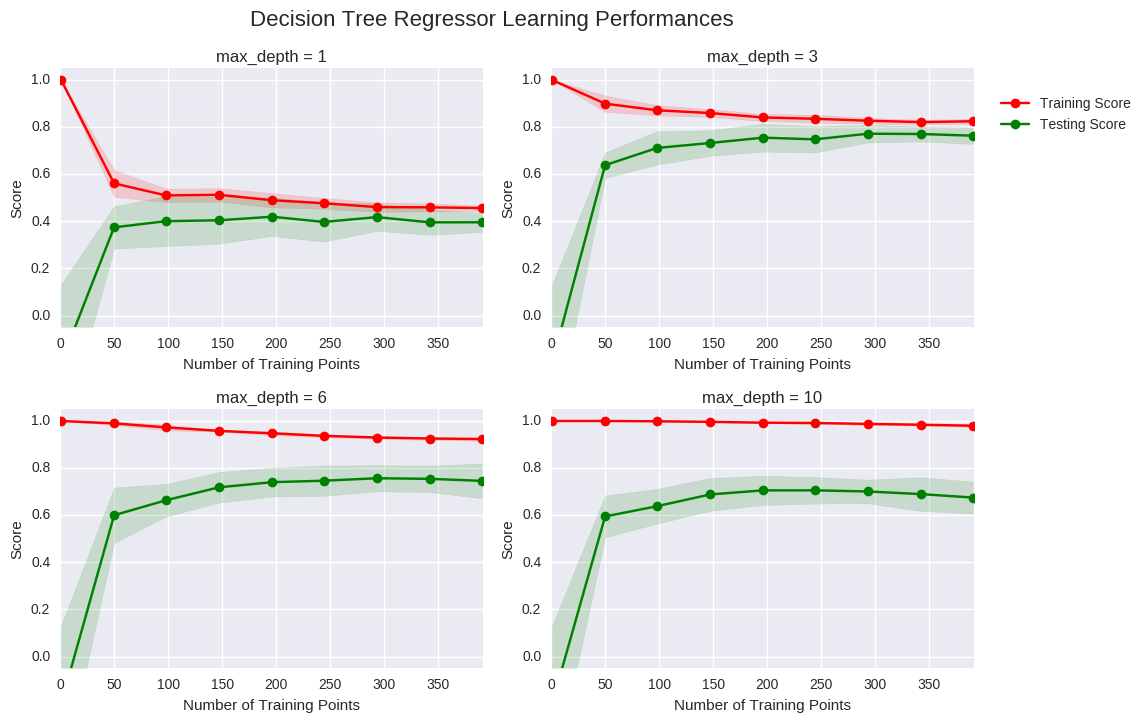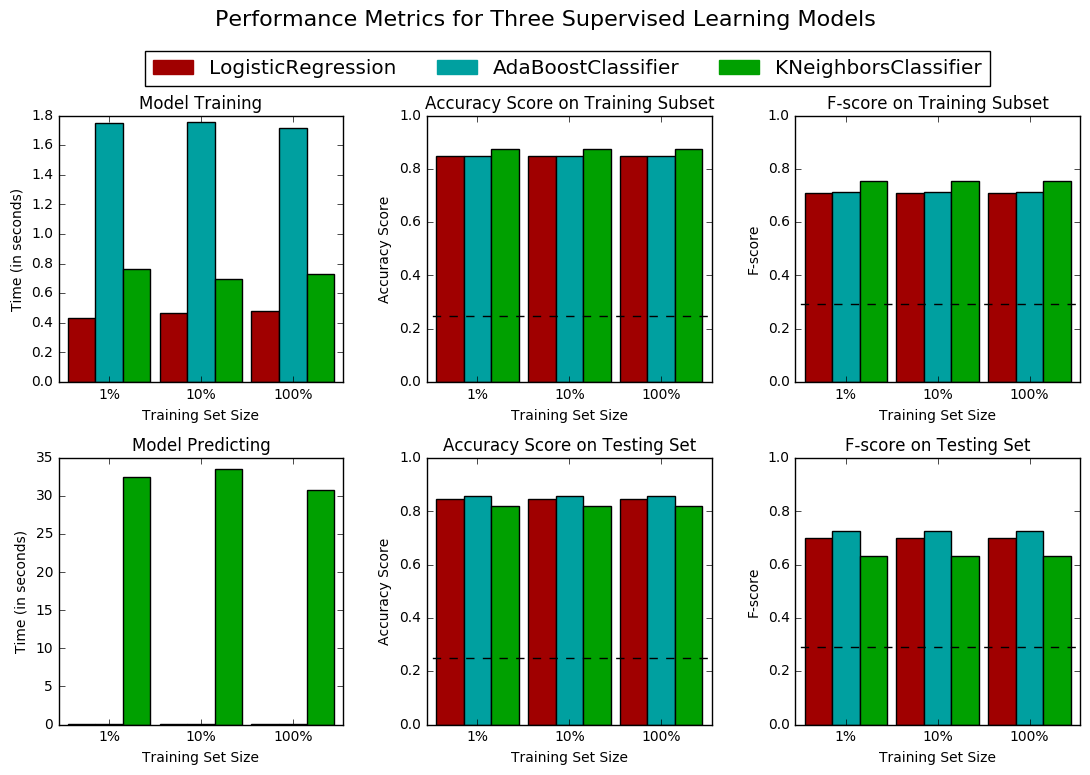Posted on 31/08/2021
Why I’m Not a Manager
August was my last month as a Data Scientist Manager at a multibillion dollar neobank. Over the last 6 months, I’ve been slowly transitioning back to an Individual Contributor (IC). Today marks the end of this process. This move usually implies a less promising career. In the vast majority of companies, Managers have more room to grow and also make more money. Deciding between a manager or IC position has very serious financial consequences, so choosing between the two roles requires some careful consideration.
I’ll try to walk through the thought process that led me to choose the IC role so that it might help others facing a similar decision. But mostly, I write for myself, as it helps me organize my thoughts and reflect on this new phase to come.

You Can’t Study your Way out of Management Problems
I’ve always been good at accumulating knowledge. I can sit for hours reading and writing and I find it refreshing. Up until I became a manager, I could study my way out of most of my problems. It was like that at school and university. It was like that as I’ve started to solve business problems within a company. There were exceptions, of course. Relationship with a significant other is a noteworthy one, but let’s not get into that. The point is, as an IC, there is usually a clear path to solving a problem: lots of careful study, followed by an ideally simple implementation.
That doesn’t work with management. At first I thought it would, so I took the Personal MBA Book list, by Josh Kaufman, plus some other recommendations, and I started reading them like mad. At one point, I was consuming more than one book per week (Audible at 1.5x speed was a big help here). Yet, I was surprised to find how little they helped.
Sure, I’ve picked up some neat tricks along the way, like psychological hacks to our habits (The Power of Habit), communications and writing principles (Made to Stick, On Writing Well) and a sane personal finance philosophy (Yout Money or Your Life, The Millionaire Next Door). But all those books didn’t mold me into a better manager. Even famous managing books (Radical Candor, The Effective Executive, First, Break All The Rules) didn’t cut it. I’m not going to say they were useless. They did help. A little. Only to what I call a survival point. Books teach you enough to not suck at managing, but I couldn’t find in them a recipe for great management.
We could speculate for hours why that is the case. But the honest truth is that I have no idea why this happens. The more I’ve read, the more I’ve realised how little we know about managing science (if we can even call it that way). I guess the best analogy I found was with cooking. Like cooking, management is a craft. You can read all the books in the subject and still be mediocre at it.
Management is a Personality Thing
One thing I did learn along the way was that I should focus on my strengths. That’s easier said than done. For starters, we usually don’t even know what we are good at. This requires a long introspection process. With that in mind, I started to look for signs if management was for me. The first one was a tremendous impostor syndrome. That is probably normal in the first months or even in the first year (something that I figured out by talking to other newly crowned managers). But it should diminish with time. Mine didn’t. I learned to live with it, but that’s not something you want for the long run. I don’t know exactly what caused it, but my best guess was that I simply couldn’t see management as work (more on that later). From not feeling productive to feeling like a fraud is one quick step (assuming you have some work ethics, that is).
Another thing that I noticed was that management is highly political. And I don’t mean that in any prejurative way. As a company grows to a massive size, politics becomes a major aspect of it. So, of course we need people that are good at it. It just wasn’t for me. I got extremely anxious at leadership meetings where I had to advocate for one project or another. Even more painful were the career calibration meetings (the ones where we discuss report’s performance and promotions).
Finally, management requires you to trade-off depth for breath. You have to sacrifice understanding the nuances of a project so that you can give attention to the myriad of projects your team is delivering. In order to see the big picture, you lose your ability to appreciate the complexity in each portion of it. That sucked the life out of me. I’m much more comfortable going deep than going wide. First, I’m terrible at context switching. Second, I’m very good at seeing crucial details others tend to ignore. Not being able to give them the proper attention and seeing some projects derail because of that wasn’t doing me any good.
It’s not that I couldn’t do management. I kept getting positive feedback, both from my boss and my direct reports, which I guess is some evidence I didn’t suck at it. It was more like my identity didn’t match with what I was becoming. Eventually, it rejected it all together. I could no longer see my work as something valuable, as something other than unnecessary overhead. I know that’s silly. Management work is valuable. But it is one thing to know that with your head (which I do) and a completely different thing to know it in your heart.
Once that’s settled, I felt there wasn’t much of a choice to make. If your personality doesn’t match with one that can quickly switch from one context to the next, that is good at influencing others and forming powerful relationships, that has meetings as its natural habitat and that’s terrific at handling uncertainty, management will certainly come with it’s pains.
IC is a Long Journey
I became a manager with less than 3 years of work experience. The company was growing so fast that almost every IC from my cohort was forced to take on management positions. That was both exciting and scary. It was definitely a period where I was forced to stretch myself. I learned and grew like never before.
But I couldn’t stop pondering on all the things I didn’t learn as an IC. Three years is very little time to become even moderately good at Data Science. I still had lots to learn. I still do. Even if I am to become a manager again in the future, I feel like I would be a much better one if I had the proper time to first mature as an IC.
As I transition back to IC, my plan is to be very intentional on covering those knowledge gaps. Fortunately for me, applying Data Science to business is both fascinating and difficult, so I don’t think there will be a shortage of learning opportunities anytime soon.
IC Work is Incredibly Fun
Truth be told, there is a consensus on what is the scope of a manager. In some companies, managers’ first responsibility is towards their team. They have to ensure everyone is productive in a sustainable way. It’s a job primarily related to people. In other companies, managers are primarily responsible for delivering projects. Some companies have managers doing both (which I honestly think is too much for any human being to handle, but anyway…).
What excited me about management was the people part of the job. I loved to see others develop personally and professionally and it was an honor to work as a catalyst for that process. As I transition back to an IC, I’m happy to find out that I don’t need to let that go. True, I won’t be responsible for people’s careers. But mentoring will still be a huge (if not the majority) of my responsibility as an IC.
So, I get to keep the fun aspect of management (at least for me) and add on top of that all the cool technical work. I can’t say for sure all of it will be rainbows and sunshine. Actually, I’m still figuring out what role I should play as a senior IC. All of this is very new and subject to change, but, so far, this is what I envision:
Senior ICs should be someone others want to emulate. Yes, this does mean they should be a technical reference, but it’s more than that. It means they should also be approachable and kind (no one wants to emulate a jerk). Senior ICs should solve complex and valuable problems. But they should also get excited by well executed “normal” daily activities, like model monitoring, data pre-processing and query optimization. After all, you don’t want everyone to emulate some mad scientist that only goes for moonshots that rarely takeoff. It seems to me Senior IC is more like a group endeavour than a one man army. Senior ICs should be able to parse a very complex and valuable problem in such a way that it becomes simple to the point others can solve it without his or her help.
Again, I’m still making sense of all of this, so a lot can change. But, so far, that does seem like a goal worth pursuing. It’s not easy, but that’s also why it is so fun.
All things considered, in the end, to me, transitioning back to IC felt more like a natural process than a hard choice. Keep in mind that all of this is very company specific, but I hope you could extract something useful from this thought process, even if your situation is different from mine. In the end, I believe the essence of choosing between management or IC positions lies in constantly trying to know your own self.











